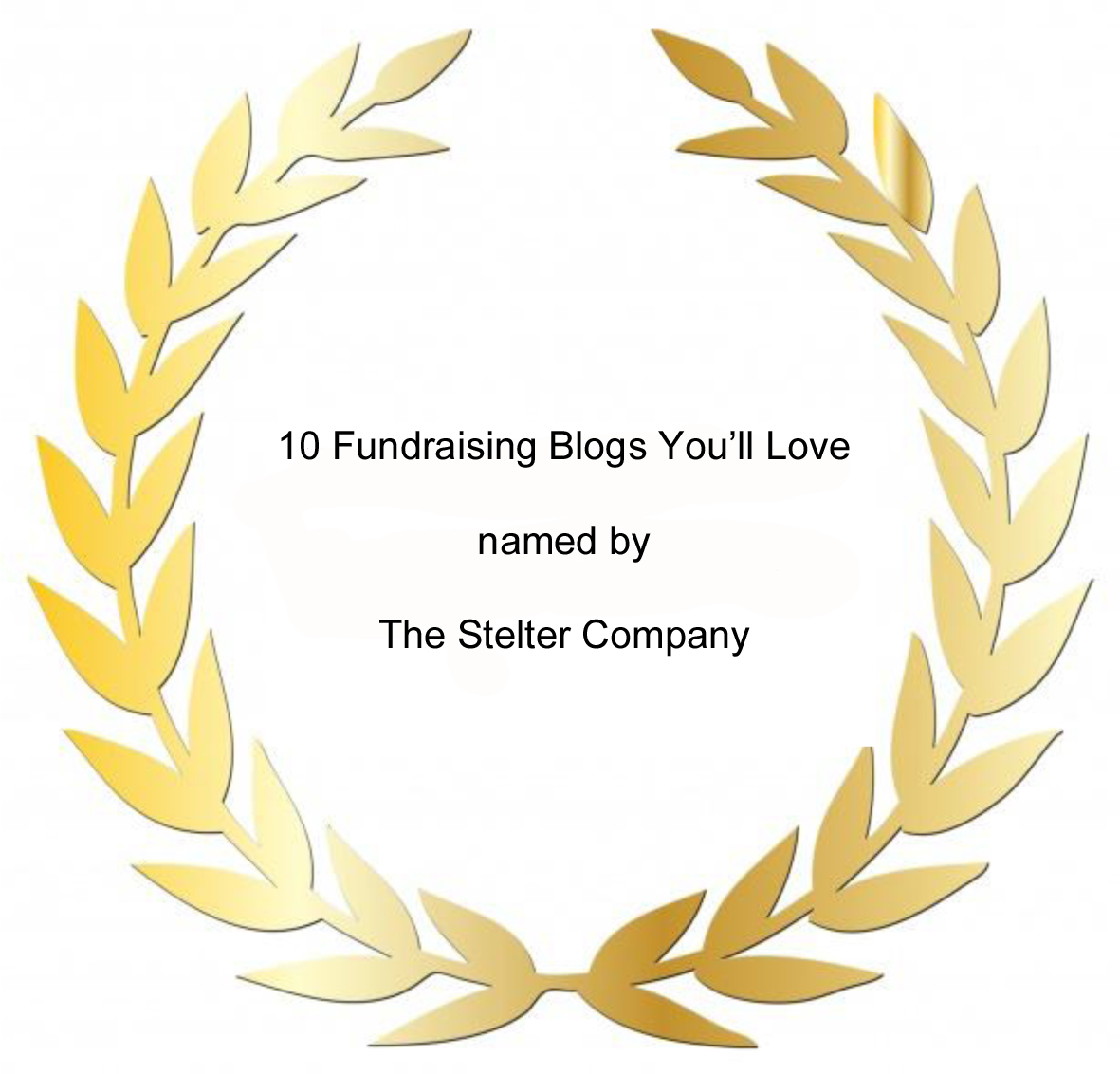I’ve recently come across some conversations on social media about the readability of nonprofit communications. The bottom line is that your loving cultivation messages and inspiring fundraising appeals will fail unless the people who receive them can read them.
Once you get people to open the envelope, click on your website link, open your email, or view your text, will they be able to easily read your message? If they can’t, it won’t matter how brilliantly written your message is. So, what do you need to do to ensure your audience reads what you send you to them?
While I’ve written about this before, I want to take this moment to share seven easy tips with you:
1. In print, use a serif font such as Times New Roman.
Serif fonts have little flourishes at the tips of letter strokes while sans-serif fonts such as Arial do not. Studies have shown that most readers have an easier time reading printed text that uses serif fonts. The exceptions to this are children and adults who are learning to read.
 It’s unclear if serif fonts are easier to read because it makes letters more recognizable for experienced readers or if it is because it is simply what people are accustomed to seeing in print. In any case, readers will usually prefer reading printed material in a serif font. However, it’s important for you to know your audience and be guided by their preferences.
It’s unclear if serif fonts are easier to read because it makes letters more recognizable for experienced readers or if it is because it is simply what people are accustomed to seeing in print. In any case, readers will usually prefer reading printed material in a serif font. However, it’s important for you to know your audience and be guided by their preferences.
2. In electronic communications, use a sans-serif font such as Arial.
Some studies have shown that readers have an easier time reading electronic media messages that use a sans-serif font. The cleaner lines of a sans-serif font make it easier to read a message on a low-resolution screen. Fortunately, as screen resolutions have increased over the years, the choice between serif and sans-serif makes less of a difference.
However, with smaller screens, such as those on smartphones, a sans-serif font will be more readable. The issue really is no longer print vs. electronic. Instead, the issue is screen size. On smaller screens, cleaner fonts tend to be easier to read.
3. Never use reverse type.
Reverse type, whether in print or electronic media, is more difficult to read than dark type on a light background. It’s also easier to cut-and-paste, photocopy, and fax (Do people still do that?) copy that uses dark type on a light background. Some designers like to use reverse type for emphasis or because it looks pretty. Nevertheless, you should resist the temptation to use reverse type for the reasons stated. The darker the type and the lighter the background, the better.









 While Davis and Sassenberg have identified some legitimate concerns that nonprofit employees have, it is nevertheless unfortunate that this is leading to growing interest in unionization when there is a better solution: more effective management.
While Davis and Sassenberg have identified some legitimate concerns that nonprofit employees have, it is nevertheless unfortunate that this is leading to growing interest in unionization when there is a better solution: more effective management.